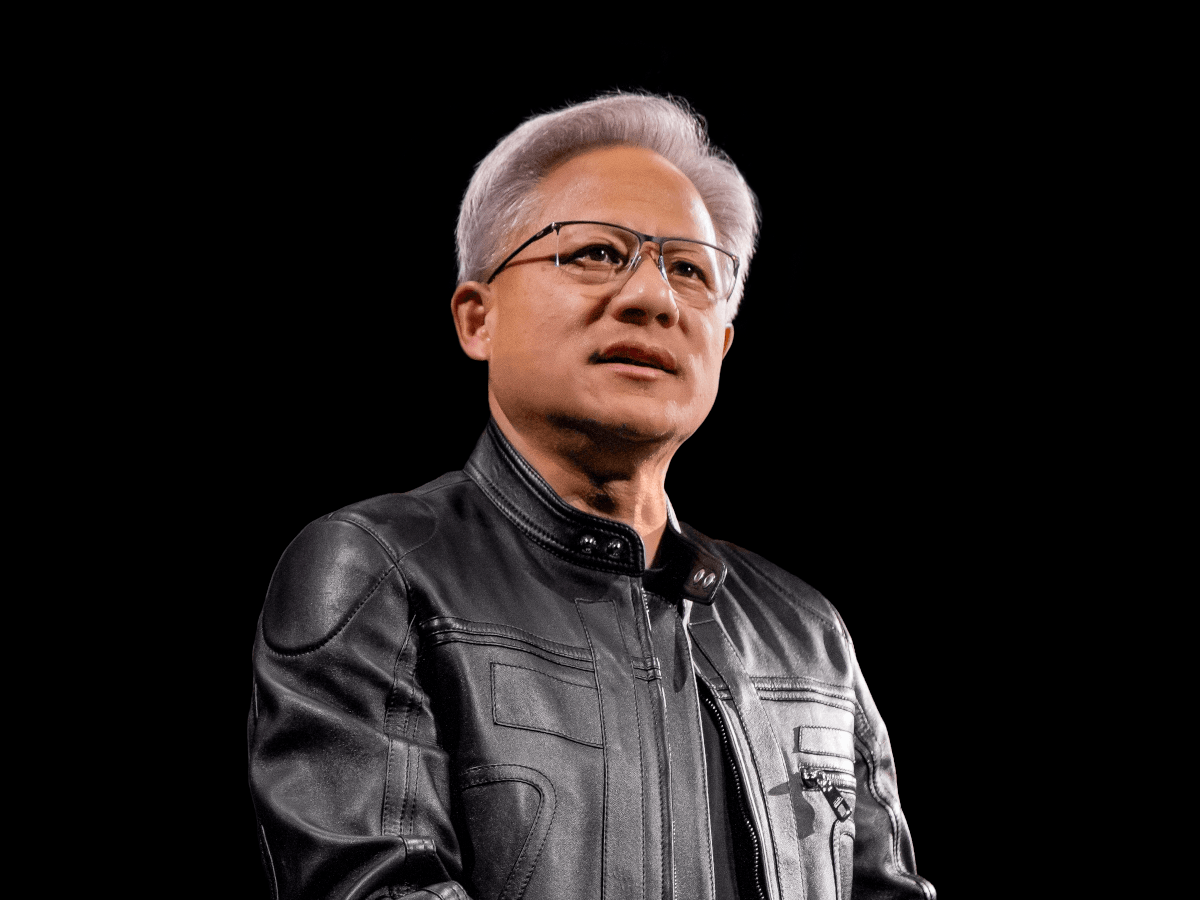![]()
The export licence comes after the Nvidia CEO met with US president Donald Trump for the second time in weeks.
Nvidia and Advanced Micro Devices (AMD) have agreed to pay the US government 15pc of the revenue generated from chip sales in China, in a bid to obtain export licences for the semiconductors.
Sources told news publications that the deal was agreed as a condition for obtaining export licences for the Chinese market that were issued to the two companies last week.
The 15pc revenue-sharing agreement will be applied to Nvidia’s H20 chips and AMD’s MI308 chips.
The licence issuance comes after Nvidia CEO Jensen Huang met with US president Donald Trump and policymakers at Washington for the second time in weeks.
Huang was assured in his July meeting with the president that export licences for H20 chips will be granted to restart sales in China.
However, that had not materialised until the CEO met with Trump again last Wednesday (6 August), with licences finally being granted that Friday (8 August).
The US government also started issuing licences to AMD, which reported that it lost $800m this past quarter stemming from export restrictions on its MI308 chips.
Estimates suggest that without the chip curbs in place, Nvidia would have generated around $23bn in H20 chip sales to China in 2025.
Although, in a recent report, global equity research firm Bernstein forecast that the company’s AI chip market share in China would drop from 66pc to 54pc – partly owning to complications with resuming chip supply, as well as with domestic chipmakers in the country taking up the space left by Nvidia.
Nvidia, AMD and Intel were hit with US licence controls on AI chip exports to China in April. This was despite the fact that Nvidia tailored its H20 chips for China, creating a cheaper and less advanced version for the market at the behest of the US government.
The H20 was introduced following Washington’s export control measures in 2023, which imposed restrictions on compute and speeds for AI processors.
The revenue-sharing deal in exchange for export licences is a first, according to experts, with no US company ever previously agreeing to do so.
However, it follows a similar tune to the second Trump administration’s recent moves, where the president urges companies to make domestic investments in the US to prevent tariffs – with the latest being 100pc on chips.
In a comment to the Financial Times regarding the revenue-sharing deal, Nvidia said, “We follow rules the US government sets for our participation in worldwide markets.”
Don’t miss out on the knowledge you need to succeed. Sign up for the Daily Brief, Silicon Republic’s digest of need-to-know sci-tech news.
